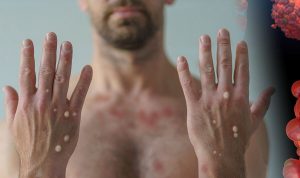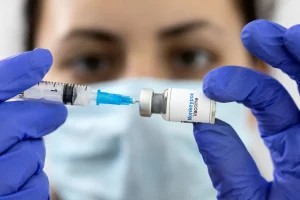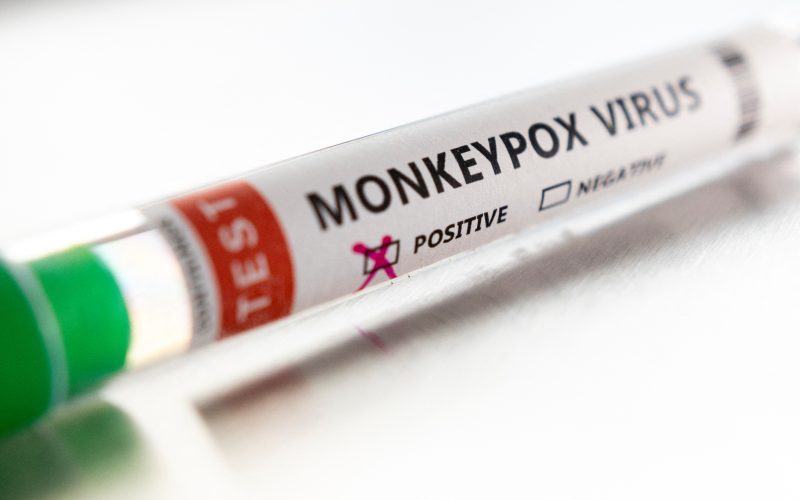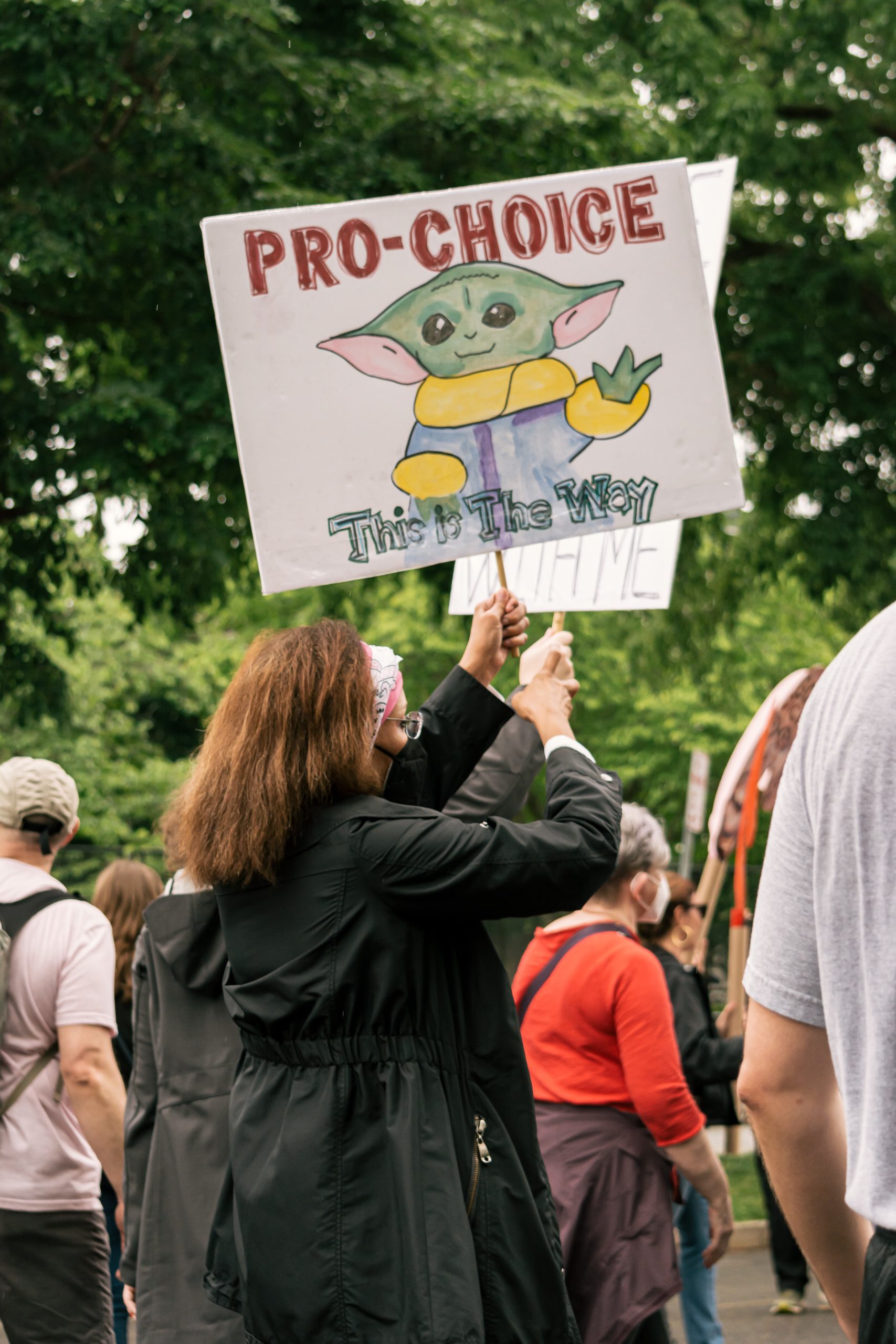Introduction
Monkeypox, a viral illness, shares similarities with smallpox and is primarily found in Central and West Africa. While historically rare, recent occurrences beyond these regions have raised global concerns. It’s crucial for parents to comprehend the transmission and preventive strategies associated with this Monkeypox Risks.
Understanding Monkeypox Transmission
Transmission of monkeypox occurs predominantly through close contact with infected animals or humans. Various modes of transmission include respiratory droplets, bodily fluids, and contact with contaminated surfaces. Understanding these modes helps in devising effective preventive measures.
Signs and Symptoms
- Fever
- Headache
- Muscle aches
- Exhaustion
- Characteristic rash (starts on the face and spreads to other parts of the body)
Vulnerable Populations
Certain demographic groups, including infants, the elderly, and individuals with compromised immune systems, face elevated risks of severe complications from monkeypox. Extra precautions are necessary to shield these vulnerable members of the family from potential exposure.

Importance of Parental Preparedness
Parental preparedness is pivotal in mitigating the risks associated with monkeypox. By staying informed about preventive measures and fostering a hygienic environment at home, parents can significantly reduce the likelihood of infection and ensure prompt medical attention if necessary.
Precautionary Measures at Home
Maintaining stringent hygiene practices at home forms the cornerstone of monkeypox prevention. Regular handwashing with soap and water, especially after contact with animals or potentially contaminated surfaces, is imperative. Additionally, thorough cleaning and disinfection of frequently touched surfaces help curtail the spread of the virus within the household.
Hygiene Practices
Inculcating proper hygiene habits in children is crucial for preventing the spread of monkeypox. Teaching them to cover their mouth and nose when coughing or sneezing, along with regular handwashing, significantly reduces the risk of transmission. Furthermore, educating children about the importance of personal hygiene fosters a sense of responsibility towards health maintenance.
Vaccination Importance
While no specific vaccine exists for monkeypox, vaccination against smallpox offers a degree of cross-protection. Consulting healthcare providers regarding vaccination schedules and recommendations is prudent. Ensuring that children receive all recommended vaccinations is vital for bolstering their immunity against various infectious diseases, including monkeypox.

Seeking Medical Help
Prompt medical assistance is paramount if monkeypox is suspected. Early diagnosis facilitates timely initiation of supportive care measures, potentially alleviating symptoms and preventing complications. Parents should maintain open communication with healthcare providers and promptly seek medical attention for any concerning symptoms in their children.
Educating Children about Monkeypox
Transparent communication with children about monkeypox helps dispel fears and empowers them to adopt preventive measures. Utilizing age-appropriate language and engaging children in discussions about hygiene and vaccination instills a sense of ownership over their health. Continuous dialogue fosters resilience and equips children with the knowledge to navigate health challenges confidently.
Dealing with Fear and Anxiety
Acknowledging and addressing fears and anxieties surrounding monkeypox is essential for maintaining emotional well-being. Creating a supportive environment where children feel comfortable expressing their concerns fosters resilience. Encouraging healthy coping mechanisms, such as mindfulness and relaxation techniques, aids in managing anxiety effectively.

Monkeypox Safety Measures in Public Settings
Reinforcing hygiene practices in public settings is imperative for preventing the spread of monkeypox. Educating children about maintaining personal space and avoiding contact with wild animals minimizes the risk of exposure. Staying informed about local outbreaks enables parents to adapt safety measures accordingly, ensuring the continued protection of their family. Explore More About (Heart Health)
Travel Considerations
Traveling to regions where monkeypox is endemic or experiencing outbreaks necessitates additional precautions. Researching travel advisories, adhering to hygiene protocols, and avoiding contact with potentially infected individuals or animals mitigate the risk of transmission. Prioritizing safety measures ensures a safe and enjoyable travel experience for the entire family.
Updates on Monkeypox Outbreaks
Remaining vigilant and staying informed about monkeypox outbreaks is paramount for parental preparedness. Monitoring local news sources and public health advisories enables parents to stay abreast of evolving situations. Proactively implementing preventive measures in response to outbreak updates safeguards the well-being of the family and the community.
| Aspect | Smallpox | Monkeypox |
|---|---|---|
| Causative Agent | Variola virus | Monkeypox virus |
| Origin | Likely originated in Africa | Discovered in laboratory monkeys in 1958, primarily found in Central and West Africa |
| Transmission | Human-to-human contact, respiratory droplets, contaminated objects | Similar to smallpox; human-to-human transmission, contact with infected animals |
| Incubation Period | Around 12 to 14 days | 5 to 21 days |
| Initial Symptoms | Fever, malaise, headache, severe backache, rash | Fever, headache, muscle aches, fatigue |
| Rash | Starts on face and extremities, spreads to trunk; progresses from macules to papules to pustules | Begins on face and spreads to other parts of the body; evolves into raised bumps filled with fluid |
| Mortality Rate | Historically high, up to 30% | Lower than smallpox, typically less severe; mortality rate varies |
| Vaccination | Smallpox vaccine available, eradicated globally | No specific vaccine for monkeypox; smallpox vaccination may provide some cross-protection |
| Global Eradication | Eradicated in 1980 | Cases still reported, primarily in Central and West Africa |
| Prevention | Vaccination, isolation of cases, contact tracing | Hand hygiene, avoiding contact with wild animals, respiratory hygiene |
Conclusion
Parental preparedness is pivotal in safeguarding against the risks posed by monkeypox. By adopting proactive measures, maintaining open communication, and staying informed, parents can effectively protect their family’s health and well-being in the face of this viral threat.










